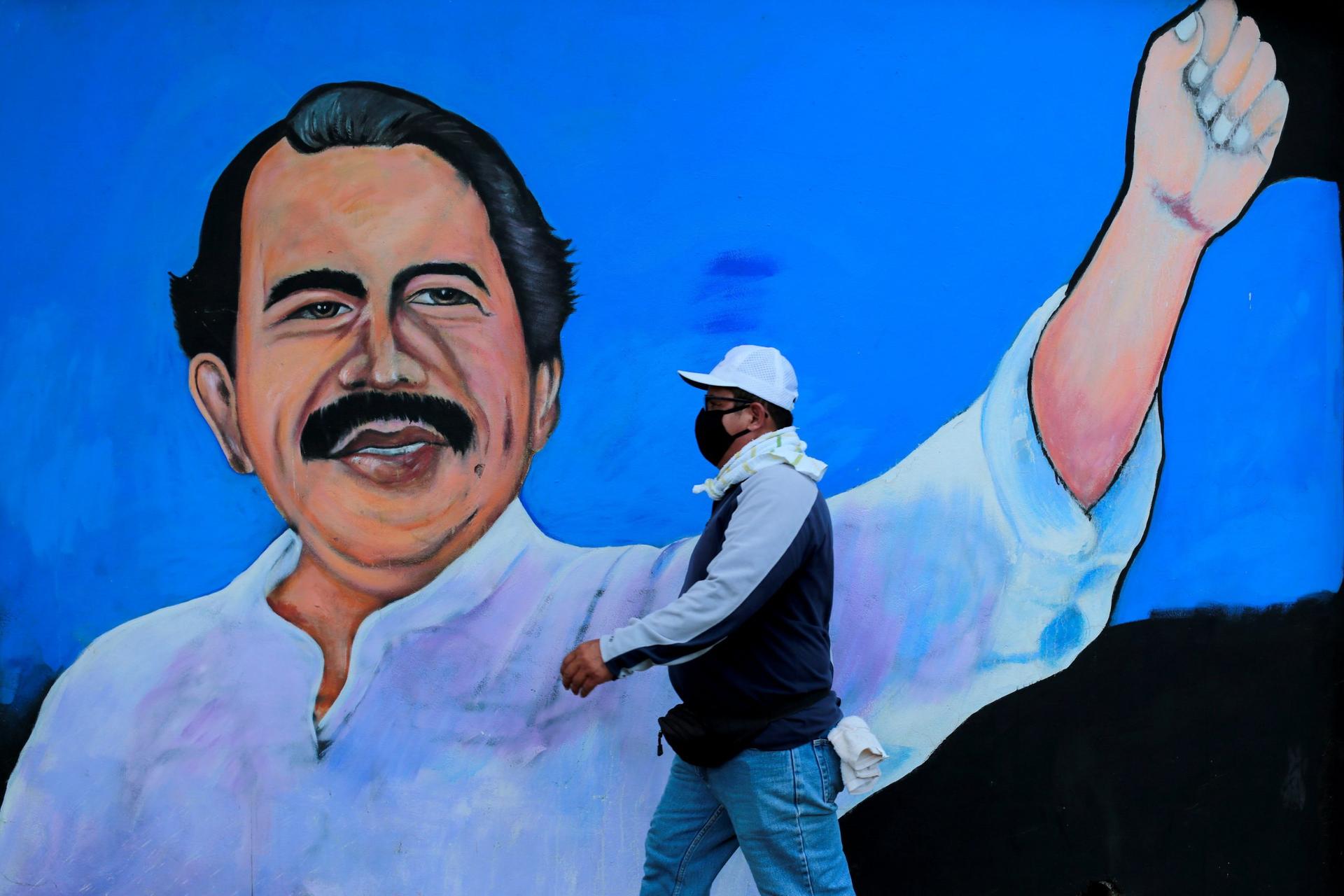ROME – As the government of Daniel Ortega continues to crackdown on the opposition ahead of upcoming elections, the Catholic hierarchy is walking a tightrope between being prophetic and survival.
Bishop Silvio Baez, auxiliary of Managua, was forced into exile at the explicit request of Pope Francis, after he and his family faced death threats.
The bishop has continued to speak out against the Ortega regime from Miami.
During Mass on June 20, he called on the people of Nicaragua not to be afraid at this time “even if the force of evil seems like an insurmountable storm.”
“There are also entire peoples who suffer painful storms unleashed by the cruelty of tyrants,” Baez said. “In those moments we must not let fear dominate us, because we can feel alone, and this is the worst tragedy. Faith assures us that God is with us in the tragic moment, even if the force of evil seems like an unbearable storm.”
“When the boat of society is sailing through the storm of repression and injustice, you have to face the strong winds and the big waves,” said Baez. “In order to face them, we need self-sacrificing politicians who love the people, solid businessmen who put the common good before their own interests, courageous journalists who serve truth and justice, young people who dream of a new world and spread confidence to others, people who defend life and serve their brothers and sisters.”
Meanwhile, Bishop Rolando Alvarez of the diocese of Matagalpa and president of the national bishops conference, called on the people of Nicaragua not to be afraid, because fear makes the problems that society must face seem even more difficult.
“Fellow Nicaraguans, let us not be afraid,” he said. “Fear leads us to look at the difficulties, the problems, and not to look to the Lord. It may be evening or night, but let us not be afraid of the strength of love, the strength of love is indestructible and invincible.”
During his Sunday homily in the Cathedral Church of Matagalpa, Alvarez called on his compatriots to not lose hope and to continue working for a peaceful country.
“We cannot live excluding the other, we cannot deny ourselves the right to build a country for all,” he said. “We must learn tolerance, respect for others. We must continue to insist that the problems of Nicaragua must be solved by Nicaraguans. Let us hope, even against the worst adversities, and let us work tirelessly for justice and peace.”
Yet despite the strong messages these and other bishops in Nicaragua are willing to deliver during their Sunday homilies, they become more cautious when speaking privately. Crux spoke with several members of the local clergy since the crackdown against the opposition began two weeks ago, and all have expressed fear for both themselves and their families.
“We are living very difficult days as a society and as a Church, and we remain expectant in the face of so much evil,” one cleric said. “We pray for the people, the bishops and the priests. Our only defense is God. In the midst of anguish, we rest in Him, we hope in Him and we place ourselves under the protection of Mary Most Holy and St. Michael the Archangel.”
At least 15 opposition leaders have been arrested and charged with vague violations of so-called “national security” laws, which human rights organizations have long warned were imposed last year to eliminate dissent and crush any opposition ahead of the Nov. 7 general election.
The presumption of innocence and the right to due process have been violated for all the detainees, according to their lawyers and human rights organizations.
If Ortega was to win the presidential elections, he would secure his fourth consecutive term as president.
The fear of the clergy to speak is not based on idle threats: During the 2018 social revolt, the regime called the bishops “coup mongers,” and a law passed last year stipulates that virtually anyone who speaks publicly against the government or who receives foreign funds – say, for example, from the pontifical aid agency Caritas Internationalis – can be accused of treason against Nicaragua.
Ten days ago, Vice President Rosario Murillo — Ortega’s wife — said she was “happy” because opposition leaders are facing trial: “How many of them say they feel persecuted, but persecuted by justice, persecuted for their outrages, for their crimes. How man of these call themselves honest? Honesty is a quality and a gift from God.”
The vice president also accused Catholic priests of stealing and raising funds in order “to murder,” saying no Nicaraguan “ecclesial representative” is free to “ask for resources for death, to spill blood in Nicaraguan communities that love peace, who want peace, they ask [for money] and then happily distribute it amongst themselves.”
Follow Inés San Martín on Twitter: @inesanma















